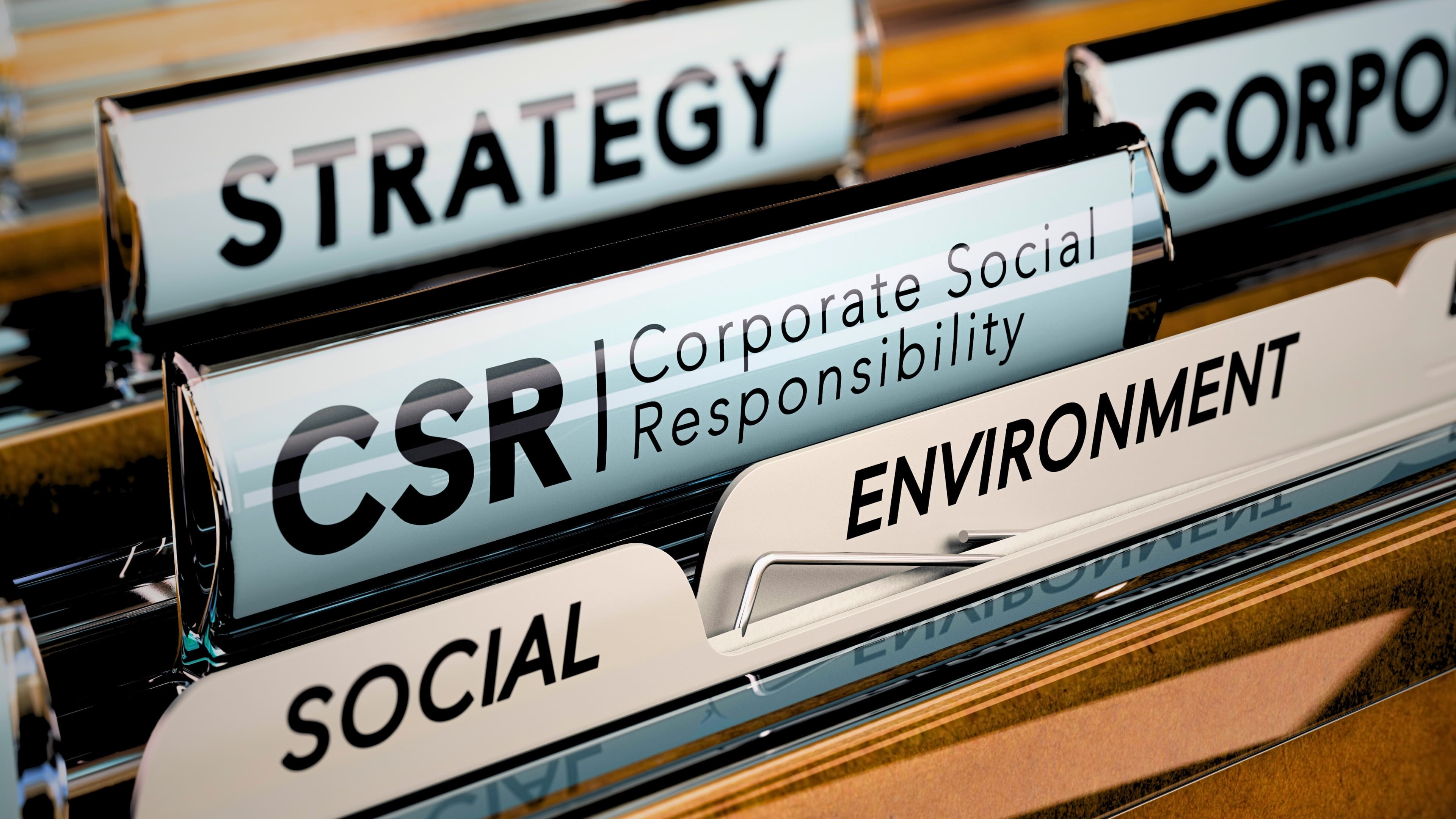The Huge Potential of the Philippine Solar Energy Industry for Businesses

The focus on sustainability through green energy is seeing an upward trend all over the world—some countries benefiting from it more than others. The relevance of solar energy in the Philippines has soared greatly through the years. Now that the Philippine government is looking to expedite the transition from fossil fuels to solar power, it can be said that businesses will look to find ways to both comply and benefit from this arrangement.
There is a compelling business case for solar energy in the Philippines. And this article will help highlight its potential for driving sustainable growth, energy security, and long-term benefits.
Abundance of Solar Resources

The Philippines is situated near the equator, making it ideal for solar power collection and generation. The country receives approximately 4kWh/square meter of solar radiation per day. Compared to other countries, Irradiance is higher in the Philippines, as such, opportunities to harness solar energy are more efficient in the country. Keep in mind that solar adoption in other countries is already growing and being pushed for businesses and residential houses. If they are already benefiting despite the lower irradiance, then the Philippines will also experience the same or even better results with solar energy.
Another key aspect of solar is its potential for off-grid power generation, enabling power to be generated for remote areas—particularly those where grid connection is difficult to achieve.
Reduced Energy Costs

Savings on electrical expenses is one of the top motivations for people and businesses to get a solar installation. As it stands, solar is one of the most affordable and accessible solutions that can help businesses combat the rising, and sometimes volatile, energy costs. Investing in a solar installation allows companies to generate their electricity and reduce their dependence on the electrical grid which, for now, gets most of its energy from traditional energy sources like coal-fired power plants.
A tropical country like the Philippines is bound to experience large electricity demand for cooling systems and proper ventilation. At the same time, the sunlight that necessitates these cooling systems will be what powers the building during the daytime.
By using solar energy, businesses can offset a percentage of their energy bills. This can then lead to consistent cost savings in the long run when compared to their previous energy consumption.
Improving Government Incentives and Support

The Philippine Government has long shown its support for the adoption of renewable energy. They have implemented numerous bills that help incentivize the integration of solar energy into commercial establishments and residential systems. Some of the ordinances include the following:
The Green Energy Option Program allows customers to choose renewable energy sources, creating a demand for solar energy products and services; and
The Net-Metering Program enables businesses and even residential installations to sell excess solar power back to the grid—allowing additional energy cost reductions for PV systems below 100kWp.
Early in 2023, the DOE launched the Expanded Roof-mounted Solar Program. It’s currently being polished but once finalized, the ERSP will further accelerate the government’s goal to promote develop and commercialize renewable energy systems and all relevant technologies that use available rooftop spaces in the Philippines. Core to this is the standardization and simplification of the processes and requirements that are part of the development of roof-mounted solar projects.
Environmental Sustainability and Corporate Social Responsibility

One of the most common CSR initiatives for businesses around the world is the integration of solar energy into a business’s operations. Solar installations help reduce a business’s greenhouse gas emissions—letting them contribute to the mitigation of climate change and minimizing their overall impact on the environment.
Solar or any other renewable source of energy can also enhance a company’s brand reputation. In the age where there are groups and societies committed to the preservation of the world’s resources and the conservation of the environment, embracing solar can lead to attracting environmentally conscious stakeholders and investors.
These solar projects can also be made outside of the business for the benefit of local communities, businesses, and socio-economic development.
Long-Term Investment paired with Energy Security

Solar Installations are a large investment for any entity if you want to experience maximum benefits. It’s a long-term strategy that both pays for itself and consistently generates value. Solar PV systems last for around 25 to 30 years. With proper and regular maintenance, solar can be a stable and reliable source of energy for any business.
Having more than one source of energy also helps companies mitigate risks associated with a complete dependency on the power grid. At the same time, large-scale solar installations that take a load off of the power grid help enhance energy security. These can help reduce power disruptions due to the electrical power grid housing too large of a load for it to safely use.
Cost Reductions through Technological Advancements

With how the solar industry has advanced through the years, better and cheaper products will inevitably dominate the market in the future. Obsoletion is a real concern with how fast the industry grows. That being said, this also means that the materials linked to the construction of solar panels would usually decline over the years—leading to more accessible pricing.
Additionally, innovative financing options such as the Power Purchase Agreement (PPAs) where the customer does not need to spend capital to have solar installation constructed but instead just pay for the power that the system generates which they use at a lower electricity rate than their utility grid.
Conclusion
The Philippines checks all the right boxes as a premier country for solar. Its abundant solar resources, supportive government policies, and a continuing need for energy solutions present a great business case for solar adoption to thrive. As it stands, solar energy provides several benefits including reduced energy costs, environmental sustainability, and value over long-term investments. In essence, the incorporation of solar to businesses can facilitate faster economic growth, reduce greenhouse gas emissions, and push forward sustainability to eventually lead the Philippines to a brighter and cleaner energy landscape.
For all your solar service needs, choose wisely. Choose Spectrum!
Spectrum offers tailor-fit solutions for industrial, commercial, and residential customers through an in-depth understanding of energy consumption behaviors and strategic partnerships with world-class technology partners.
Backed by Meralco’s energy expertise and proven safety track record, the renewable energy company has been providing services and solutions to help customers reduce their costs while taking part in saving the planet.
Share this article:











